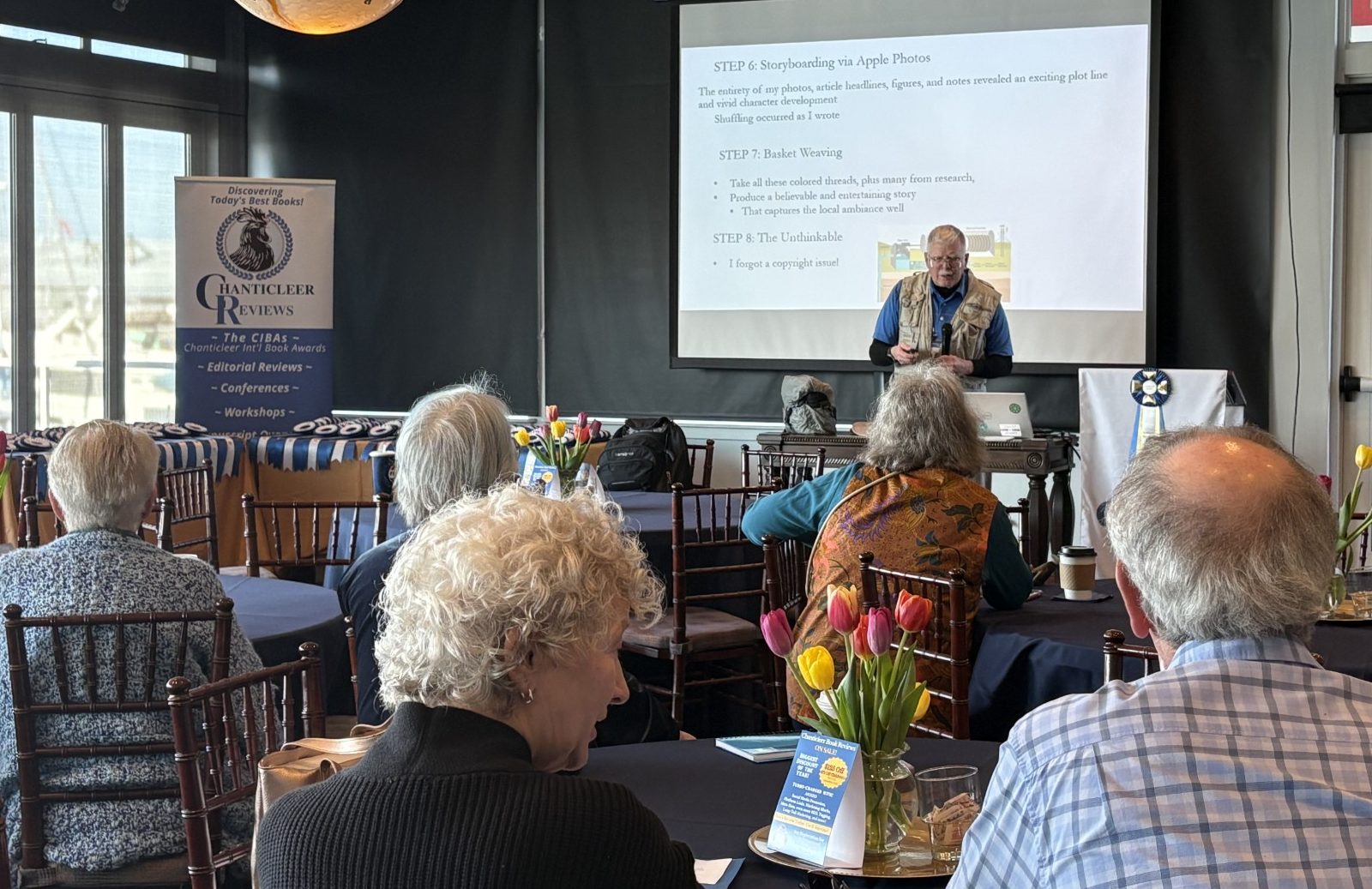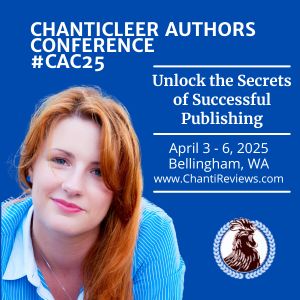|
Listen to or download this article:
|

Sometimes knowing what not to do is helpful in writing your work-in-progress.
Jessica Morrell, top-tiered developmental editor, and Kiffer Brown share with us on what to keep in mind as you create your work with this handy list.
- Not knowing your ending as you write.
- This lack of direction not only makes the process more difficult, but results in missed opportunities to insert foreshadowing and clues.
- Hooks: The opening hook does not raise a compelling question and relate to the whole.
- Do the individual chapters contain their own hooks to compel the reader to turn the page?
- Inciting Incident. Not having a catalyst for your story. What is yours?
- Flat Characters. Not understanding your main character, especially how he or she is shaped by the past, and using these factors from the past along with motivations as the basis for the plot. Causality.
- Not giving your main character tangible goals and motivations.
- Are your characters introduce
- Lack of Tension. Not making the stakes high enough.
- Without high stakes, the reader won’t care.
- Smooth Sailing—does not make for great storytelling. Not creating obstacles for the character to struggle against.
- Without obstacles, the story will not have enough tension or suspense—even it is a light-hearted romance or a humorous piece.
- Whatever. Not involving your readers emotionally.
- It’s important that the reader take on the character’s goals while entertaining them with the events of the story.
- Yada Yada Yada. Adding needless flashbacks. Dumping backstory.
- Use flashbacks only if they add drama and reveal information that cannot be told through present action.
- Are the first 40 pages for your benefit and not the reader’s?
- Dialogue: Do your characters all sound alike?
- Dialogue is generally too long, mundane or stilted. Do your characters tend to give speeches? Don’t let this happen.
- Remember, most dialogue exchanges should contain conflict. As Robert Dugoni states: “Dialogue is Action. Action is Dialogue.”
- Development: Not understanding that fiction requires introducing change throughout the story.
- Insert enough complications, surprises, reversals, and new elements to create tension, suspense, and to force the reader to discover how these complications turn out.
- Saggy Middle? Not inserting a major complication or reversal in the middle of the story to push the plot into a fresh direction and increase the reader’s interest. Just when you your reader thinks she knows what happens next, the unthinkable happens.
- White Room Syndrome. Not writing enough setting details to create a vivid, real world.
- Lack of Atmosphere. Not realizing that setting can interact with plot and character and affect the mood and tone.
- Dearth of Causality. (Yes, again) Do not forget that causality is a prime factor in plotting.
- A plot is not a series of random scenes, but connected through a chain of causal, interrelated events.
- Unsatisfactory ending. Does your conclusion fail to offer a big pay off.
- As the plot concludes, tensions are unbearable, and a point of no return is reached. The conflicting forces should meet in a face-to-face contest that resolves the issues, reveals a winner, or at least changes how things look. The ending does not have to be happy, but it does need to be satisfying—even if there is more story to come and more plot questions to answer.
The best fiction touches the deep layers in us. A writer achieves this effect by embedding dozens of techniques into his or her story. An intimate story takes us to a specific place and coaxes us to remain there. An intimate story is lifelike and feels as real and complicated as the world the reader inhabits. When he finishes the final pages, and leaves the story world, he should feel the satisfaction of the ending, but also a huge sense of loss. Like a friend has moved to another town just when the friendship had reached a level of closeness and trust. — Jessica P. Morrell

Jessica Page Morrell
Keep writing, keep dreaming, have heart. Jessica
Jessica Morrell is a top-tier developmental editor and a contributor to Chanticleer Reviews Media and to the Writer’s Digest magazine. She teaches Master Writing Craft Classes at the Chanticleer Authors Conference that is held annually along with teaching at Chanticleer writing workshops that are held throughout the year.

Kiffer Brown
Keep creating magic! Kiffer
Kathryn (Kiffer) Brown is CEO and co-founder of Chanticleer Reviews and Chanticleer Int’l Book Awards (The CIBAs) that Discover Today’s Best Books. She founded Chanticleer Reviews in 2010 to help authors to unlock the secrets of successful publishing and to enhance book discoverability. She is also a scout for select literary agencies, publishing houses, and entertainment producers.
When you’re ready, did you know that Chanticleer offers editorial services? We do and have been doing so since 2011.

Our professional editors are top-notch and are experts in the Chicago Manual of Style. They have and are working for the top publishing houses (TOR, McMillian, Thomas Mercer, Penguin Random House, Simon Schuster, etc.).
If you would like more information, we invite you to email Kiffer or Sharon at KBrown@ChantiReviews.com or SAnderson@ChantiReviews.com for more information, testimonials, and fees.
We work with a small number of exclusive clients who want to collaborate with our team of top editors on an on-going basis. Contact us today!
Chanticleer Editorial Services also offers writing craft sessions and masterclasses. Sign up to find out where, when, and how sessions being held.
A great way to get started is with our manuscript evaluation service, with more information available here.
And we do editorial consultations for $75. Learn more here.
If you’re confident in your book, consider submitting it for a Editorial Book Review here or to one of our Chanticleer International Awards here.
Our 10th Anniversary Chanticleer Authors Conference (CAC22) will be April 7-10, 2022, where our 2021 CIBA winners will be announced. Space is limited and seats are already filling up, so sign up today! CAC22 and the CIBA Ceremonies will be hosted at the Hotel Bellwether in Beautiful Bellingham, Wash. Sign up and see the latest updates here!

Writer’s Toolbox
Thank you for reading this Chanticleer Writer’s Toolbox article.
Writers Toolbox Helpful Links:
The INCITING INCIDENT: STORY, SETBACKS and SURPRISES for the PROTAGONIST













Leave A Comment